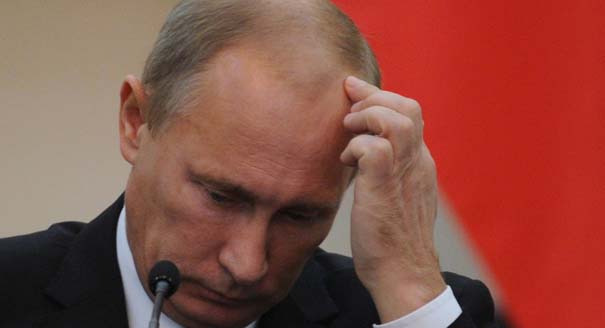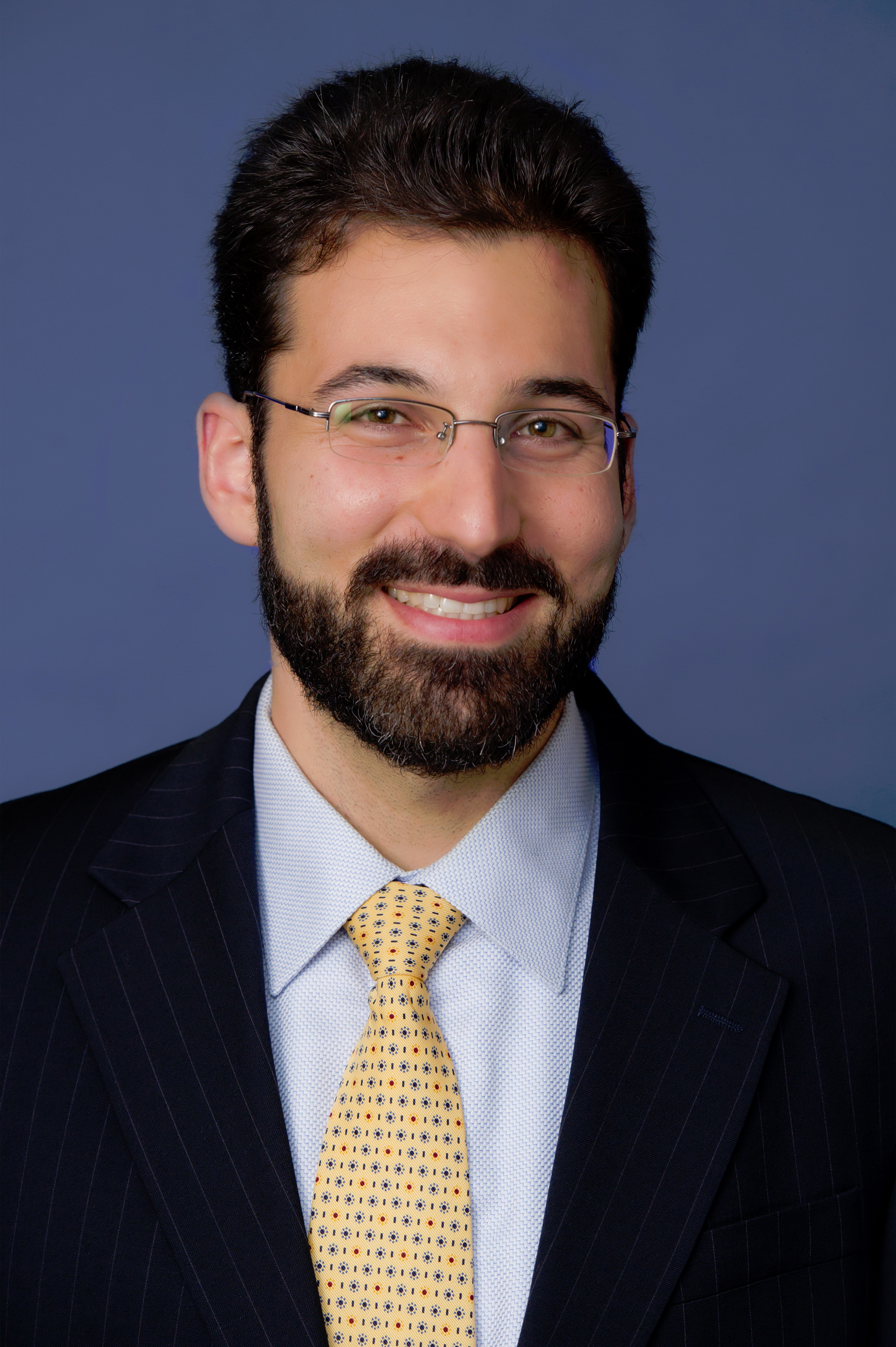Matthew Rojansky
{
"authors": [
"Matthew Rojansky"
],
"type": "legacyinthemedia",
"centerAffiliationAll": "dc",
"centers": [
"Carnegie Endowment for International Peace"
],
"collections": [],
"englishNewsletterAll": "",
"nonEnglishNewsletterAll": "",
"primaryCenter": "Carnegie Endowment for International Peace",
"programAffiliation": "russia",
"programs": [
"Russia and Eurasia"
],
"projects": [],
"regions": [
"Caucasus",
"Russia"
],
"topics": [
"Political Reform",
"Foreign Policy"
]
}
Source: Getty
Vladimir Putin Wins a Still-Contested Election in Russia
After winning Russia's presidential elections, Vladimir Putin faces a number of major domestic and foreign policy challenges.
Source: Southern California Public Radio

- Putin as a Politician and a Statesman: “Putin is perhaps a competent statesman but not a great strategist,” said Rojansky. Russia’s geopolitical position is more isolated now than it has been for a very long time. “Russia has found itself on the wrong side of the Syria issue, not just in the moral sense, but also in terms of Russia’s traditional allies, like the Arab League,” explained Rojansky. Both on foreign policy and on domestic issues, Putin is facing some really major challenges, he concluded.
- Russia’s Future: “Putin has been given a new chance. I think if he were a strategic thinker, not just a tactical thinker, he would view this as a chance to hear the grievances described by the protests and deliver real results,” said Rojansky. The greatest popular grievance in Russia is corruption, which is, unfortunately, such an integral feature of the system, “that it is not something I can realistically see Putin tackling,” said Rojansky.
This interview was originally aired on Southern California Public Radio.
About the Author

Former Deputy Director, Russia and Eurasia Program
Rojansky, formerly executive director of the Partnership for a Secure America, is an expert on U.S. and Russian national security and nuclear-weapon policies.
- An Opportunity for Ambition: Ukraine’s OSCE ChairmanshipPaper
- Presiding Over the OSCE: Challenges and OpportunitiesIn The Media
Matthew Rojansky
Recent Work
Carnegie does not take institutional positions on public policy issues; the views represented herein are those of the author(s) and do not necessarily reflect the views of Carnegie, its staff, or its trustees.
More Work from Carnegie Endowment for International Peace
- Europe on Iran: Gone with the WindCommentary
Europe’s reaction to the war in Iran has been disunited and meek, a far cry from its previously leading role in diplomacy with Tehran. To avoid being condemned to the sidelines while escalation continues, Brussels needs to stand up for international law.
Pierre Vimont
- What We Know About Drone Use in the Iran WarCommentary
Two experts discuss how drone technology is shaping yet another conflict and what the United States can learn from Ukraine.
Steve Feldstein, Dara Massicot
- How Far Can Russian Arms Help Iran?Commentary
Arms supplies from Russia to Iran will not only continue, but could grow significantly if Russia gets the opportunity.
Nikita Smagin
- Is a Conflict-Ending Solution Even Possible in Ukraine?Commentary
On the fourth anniversary of Russia’s full-scale invasion, Carnegie experts discuss the war’s impacts and what might come next.
- +1
Eric Ciaramella, Aaron David Miller, Alexandra Prokopenko, …
- The Kremlin Is Destroying Its Own System of Coerced VotingCommentary
The use of technology to mobilize Russians to vote—a system tied to the relative material well-being of the electorate, its high dependence on the state, and a far-reaching system of digital control—is breaking down.
Andrey Pertsev












